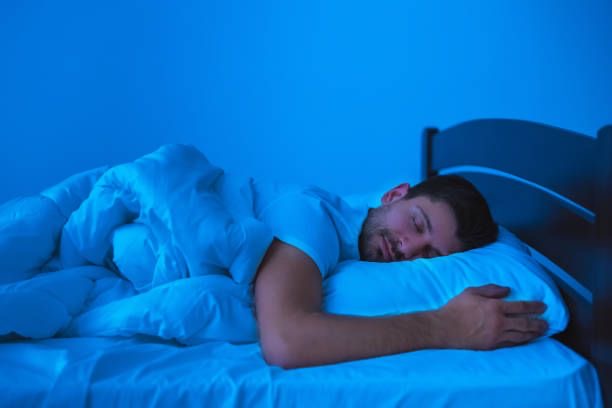A healthy sleep schedule is very important just like food and water. When you go without sleep for too long, it can lead to serious health problems and even death in some extreme cases.
Sleep is very essential for both your body and mind. It is like the fuel that keeps you going every day. When you do not get enough sleep or if your sleep schedule is all over the place, you can feel tired and cranky. You may even struggle to concentrate in class or during activities.
If you have ever felt like you cannot keep your eyes open in the middle of the day, it is probably because your bedtime routine is not so good. But there is a solution, and you can get back on track. Getting back on track might sound challenging, but the good news is that there are some easy tips that can help. Also, you don’t have to be bothered by how well these tips will work, as experts have confirmed them.
Whether you are staying up late watching your favorite show or crashing too early and waking up at odd hours, what matters is that you are trying to fix it. Little changes, like setting a regular bedtime, avoiding your phone before sleep, and creating a relaxing bedtime routine, can make a huge difference.
Let’s dive deeper into these tips.
Stick to a Regular Wake-Up Time: Why It Matters for Better Sleep
If you want to reset your sleep schedule, it all comes down to your circadian rhythm. Think of this as your body’s natural clock that runs on a 24-hour cycle. It tells you when to feel awake and when to feel sleepy. According to Michelle Porter, a sleep expert, the best way to keep this clock working smoothly is to wake up at the same time every single day, even on weekends.

When you do this, your body gets into a routine. This helps you feel more energized during the day and sleepy at the right time at night. It is like training your body to know exactly when it is time to wake up and when it is time to relax.
Fun Fact: Did you know your body temperature also follows a circadian rhythm? It rises in the morning to help you wake up and drops at night to help you fall asleep.
ALSO READ: 11 Smart Bed and Bed Sheet Hacks for Comfort and Improved Sleep Quality
Wake Up Without Hitting Snooze
It is almost always tempting to hit the snooze button for a few extra minutes of sleep. However, when you do this, it might actually make waking up harder.
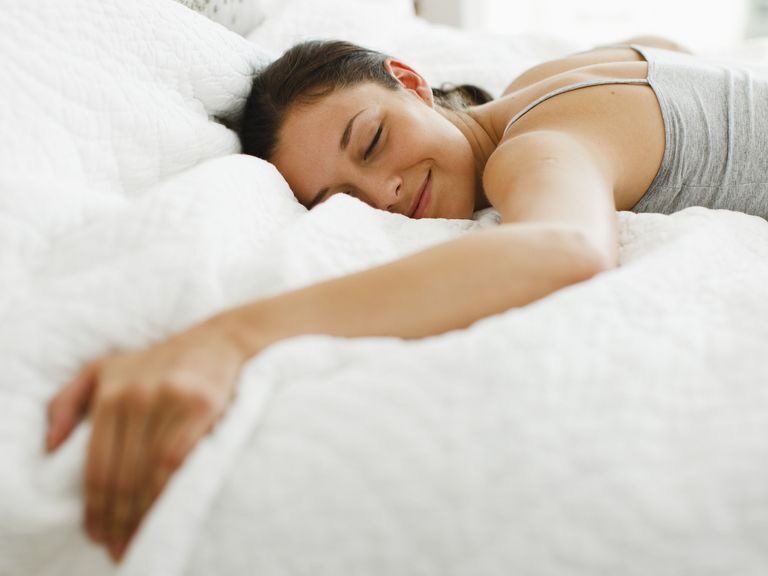
When you hit snooze and fall back asleep, your brain starts a new sleep cycle. This makes you feel more sleepy when the alarm rings again. To feel more awake, set your alarm for the latest time you need to get up. Then, jump out of bed right away. Sleep expert Porter suggests this as a way to start your day feeling refreshed.
Fun Fact: Did you know the snooze button was originally set to nine minutes because of the mechanical design of early alarm clocks? It became the norm, and now most digital alarms still use that same time.
Reset Your Sleep Schedule Step by Step
Going back to a regular sleep routine takes time. If you are trying to go to bed earlier, the best thing is to adjust your bedtime little by little.
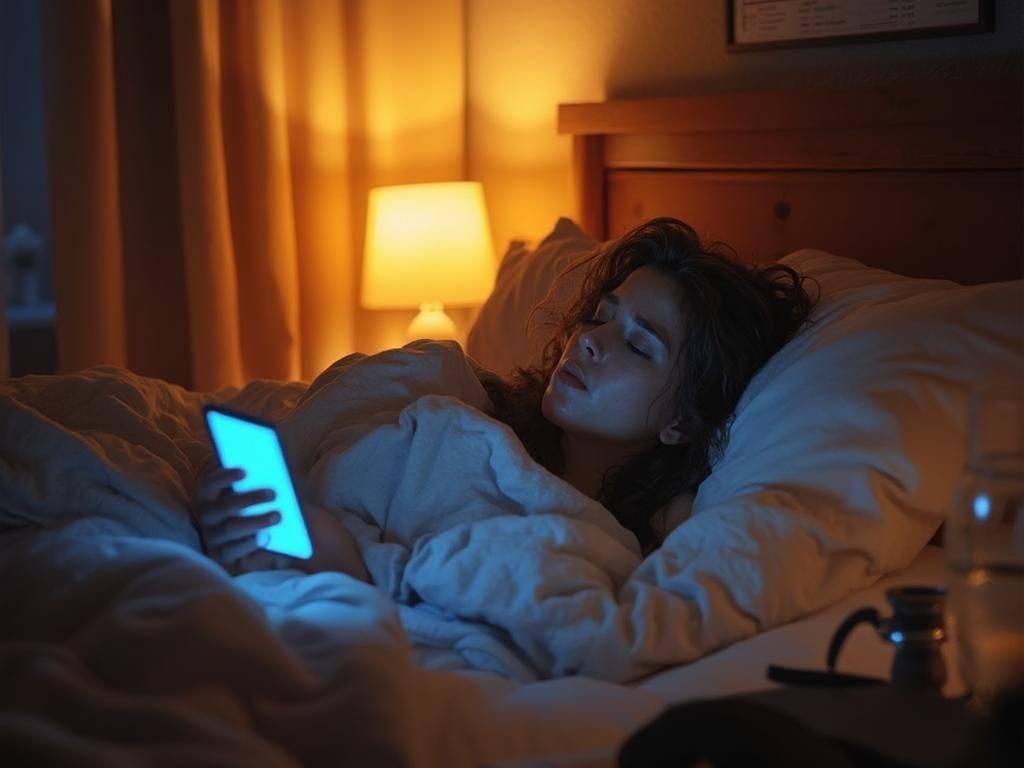
Instead of making a big jump, shift your bedtime by 15 to 30 minutes each night. This way, your body can catch up without feeling too overwhelmed.
Jeff Kahn, the co-founder of the sleep app Rise Science, explains that your body’s internal clock, the circadian cycle, cannot handle big changes all at once. If you try to shift too quickly, you might end up losing even more sleep. This will make it harder to get back on track.
Fun Fact: Did you know that humans are not the only ones with a body clock? Plants have circadian rhythms, too. They can tell time and adjust their leaf positions depending on the time of day.
You Need Sunlight
Sunlight is not just for keeping plants alive, it is important for your body’s natural sleep-wake cycle too. When you get sunlight in the morning, it tells your body that it is time to wake up and get moving.

Experts suggest stepping outside or sitting by a bright window for about 10 to 15 minutes within an hour of waking up. If it is still dark when you wake up, a special light therapy lamp can also help trick your body into feeling awake.
Throughout the day, sunlight keeps your body on track. The more natural light you get during the day, the less likely you will be bothered by bright lights at night. So, try sitting by a window while you work. You can also try to take your lunch break outside or take a quick walk in the evening. These little habits can help you get better restorative sleep at night and feel more energized during the day.
Fun Fact: Did you know that sunlight can boost your mood by helping your body to make serotonin, a feel-good hormone? That is why spending time in the sun can actually make you feel happier.
Adjust Your Routine for Better Sleep
Your daily bedtime routine can affect how well you sleep. Therefore, paying attention to when you start relaxing in the evening is important. If you are trying to go to bed earlier, make sure you also shift your meal and exercise times earlier. It will help your body adjust.
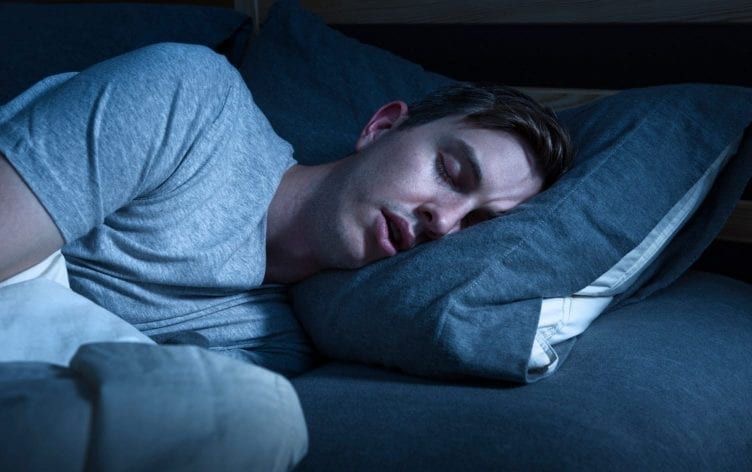
Your brain needs a cue that it is time to sleep, so relaxing activities like stretching, reading, or meditating can help. These activities help lower stress levels and get your body ready for rest. Another tip is to consider the temperature around you.
When you take a warm bath or shower, or use a sauna, it can help. It will help because the warmth will raise your body temperature, and when your body cools down afterward, it will send a sign that it is time to sleep.
Fun Fact: Did you know that the best temperature for sleeping is around 65°F (18°C)? This cool temperature helps your body relax and get the best sleep!
Avoid Daytime Habits That Can Affect Your Sleep
Sometimes, the things we do during the day can make it harder to fall asleep at night. Simple habits like eating certain foods or drinks or taking long naps can disrupt your sleep. For example, even though naps can seem like a good idea when you are tired, naps longer than 20 minutes can make sleeping harder at bedtime. This is because napping too long can mess with your sleep cycle, which can affect your mental health.
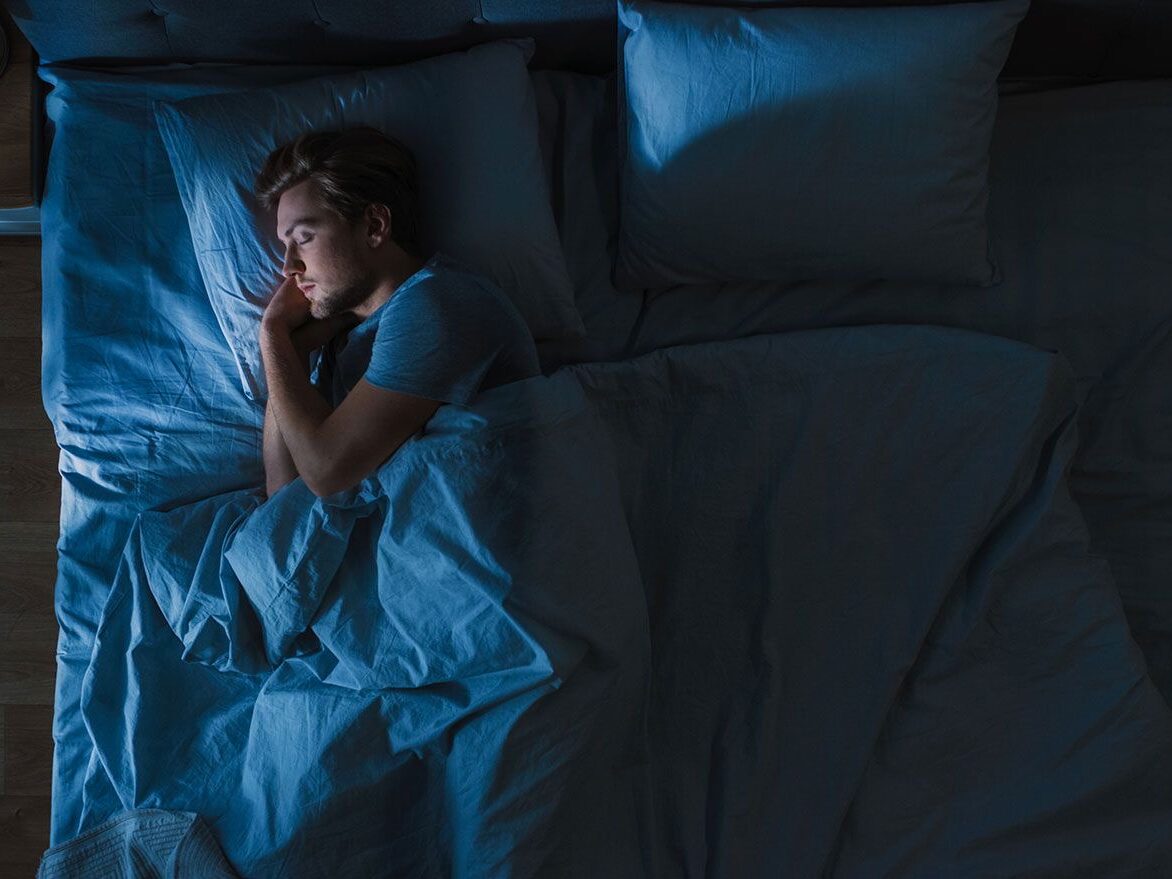
Drinks like coffee or soda, especially later in the day, can also keep you awake. Caffeine stays in your body for hours, and even though alcohol might help you feel sleepy, it can make your sleep worse later on. To get quality sleep, you should adjust these habits.
Fun Fact: Did you know that the average person spends about 1/3 of their life sleeping?
Be Intentional About Your Sleep Schedule
Like everything in your life, you must be intentional about having and sticking to a healthy sleep schedule. Having a consistent bedtime and wakeup routine will improve your sleep quality, physical well-being, and overall health.
